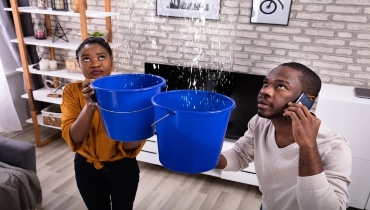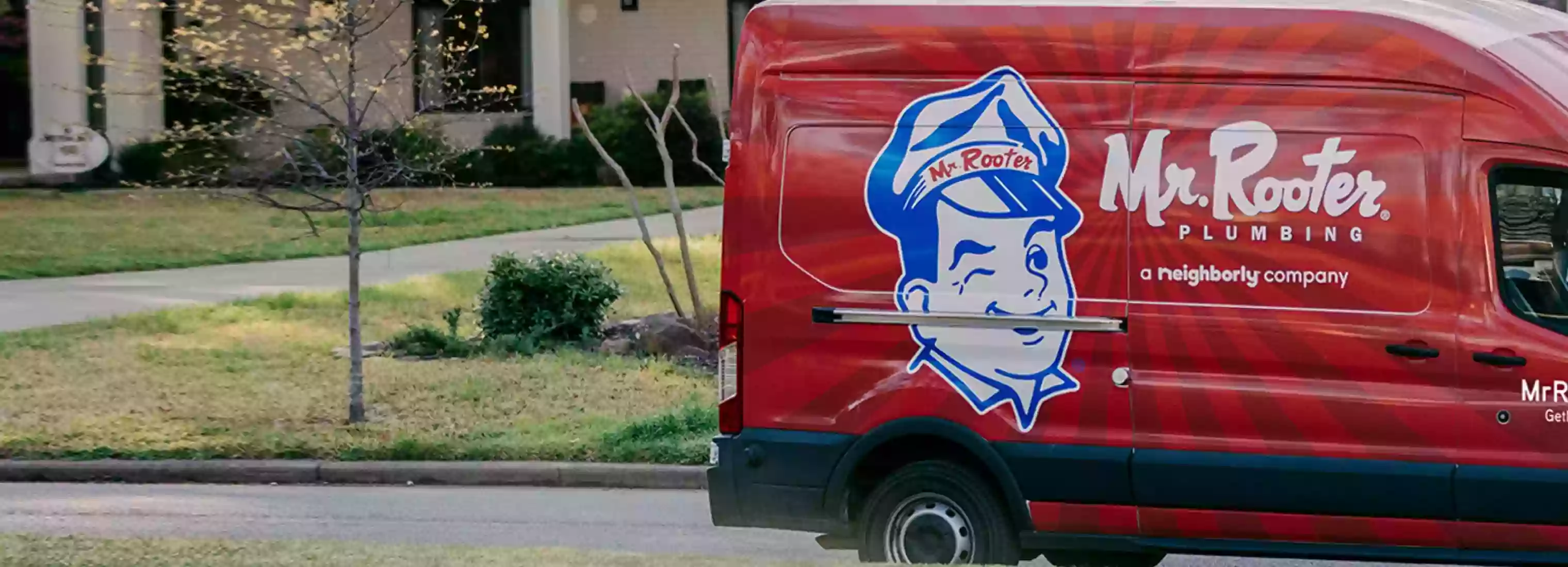The Cost to Replace Plumbing in an Old House

For many house hunters, the appeal and charm of owning an older home nestled within the confines of a quiet tree lined neighborhood is undeniable. Older homes offer unique architecture, larger lots, and many other distinctions that can’t be found in a newer home. However, if you’re not careful, all the charm and beauty of an older home may also come with at an unexpected price.
Before deciding to purchase on an older home, there are a few things that should receive serious consideration. Many older homes—especially those built from the early 1900s to 1990s—may have existing plumbing issues that are not easily apparent or revealed during a typical home inspection (Have a Licensed Plumber Inspect Your Plumbing System). Here are some things related to older plumbing systems you should be aware of before purchasing an older home.
Identifying Pipe Material is Important
The charm of an older home can evaporate quickly if you learn you must upgrade or replace your entire plumbing system. Running the risk of leaks, flooding, and excessive water damage is bad enough. But it’s even worse to discover lead leaching into the water supply. It’s an expense most buyers don’t account for when purchasing a home. The reality is, buying an older home means buying a well-aged plumbing system too.
Most things wear out and a plumbing system is no exception. Pipes will gradually corrode, rust, and decay over an extended period of time. However, this doesn’t mean flooding and extensive water damage is in your immediate future. It just means that knowing what type of pipes your system has will provide insight to when, or if, the pipes might need replacing. The type of plumbing in the home—information that should be noted on the home inspection report—will determine how long we can expect the system to function properly.
Different Types of Pipes and What They Do
In your home, different kinds of pipes perform different tasks and present different problems. Supply line pipes that are under constant pressure are the most likely to cause excessive water damage when they leak. These pipes are typically made of brass, cooper, or galvanized steel and typically last between 80 and 100 years. Drain lines are constructed of either cast iron or PVC (Polyvinyl chloride). Cast iron pipes will last between 80 and 100 years, while PVC pipes last even longer.
Two types of water supply pipes should be removed immediately, regardless of age. Lead pipes, used in the early 1900s, have a life expectancy of about 100 years, but over time they can leach lead into your drinking water and create a serious health hazard. (How to replace or upgrade your current system) In addition, although Polybutylene pipes—used from the early 1970s to 1990s—aren’t particularly dangerous, they’re extremely prone to breakage and should also be replaced.
Cost to Replace or Upgrade a Plumbing System
Upgrading or replacing an old, damaged, or corroding system can be a costly expense. It can cost thousands to upgrade or replace the plumbing system for even a relatively small home. This type of project also requires plumbers to cut open walls and floors, which can be quite an inconvenience. One way to assess a plumbing system is to do a visual inspection—especially if the home is over 60 years old. Inspect exposed pipes for discoloration, stains, dimpling, pimples, flaking, or hairline cracks, which are all indications of corrosion. Even small leaks that can be easily repaired may indicate it’s time for a full-scale replacement. Another good indicator the system is aging is signs of rust in the water—usually more noticeably when water has been sitting in pipes for an extended period. If you find any of these irregularities, call a professional to do a more thorough inspection.
Related Topic: Need Plumbing Repair Service?
What to Do and When to Do It
Deciding whether to purchase a new or older home is really a matter of preference. There’s a lot to be said for the unique charm and characteristics many older homes have to offer. So, if your heart is really set on buying an older home, don’t be discouraged. Make sure you do your homework and understand what you’re dealing with when it comes to the plumbing system. Discovering your dream home has an antiquated plumbing system doesn’t have to be a deal breaker. Many sellers are willing to negotiate fair compensation based on the finding of a reputable professional.
However, upgrading or replace a plumbing system is a big decision—one you should not make until you consult with a licensed professional. Schedule a Professional Plumbing Inspection . It’s also good practice to get a few estimates before making a final decision. However, cost should not be the only determining factor. Choosing a reputable plumber who stands behind their work is equally, if not more, important. Call or visit Mr. Rooter Plumbing today!
 Click to call
Click to call


